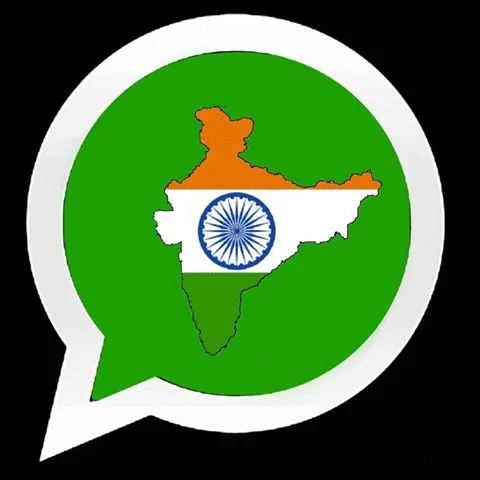WhatsApp is presently in legal action against the IT Rules in India, which could potentially require it to compromise chat encryption to assist the government in tracing messages.
WhatsApp, the messaging platform owned by Meta, has issued a strong warning to the Modi government, stating its readiness to cease operations in India if forced to compromise chat encryption.
The standoff between the tech giant and the Indian government highlights escalating tensions over privacy and surveillance issues.
Amid allegations of government overreach and violations of civil liberties, WhatsApp’s encryption protocol, which ensures end-to-end security for user communications, has become a focal point of contention. The Modi administration’s purported attempts to access WhatsApp data of political opponents have drawn sharp criticism, with accusations of authoritarian tactics undermining democratic principles.
The legal battle has now moved to the corridors of the Delhi High Court, where WhatsApp’s legal counsel reiterated the company’s stance against yielding to governmental pressure. Stressing the importance of user privacy, WhatsApp’s unwavering stance reflects a broader struggle to defend digital rights in an era of increasing state surveillance.
The Modi government’s assertive approach towards both political dissenters and multinational corporations has raised concerns about the erosion of democratic values in India. Previous allegations of phone tapping and espionage have heightened concerns about the government’s intentions, with recent efforts to tighten regulations on social media platforms exacerbating worries about free expression and privacy rights.
As the legal battle continues, the fundamental question remains: Will the Modi government achieve its goal of absolute control over dissent and information dissemination? With WhatsApp’s firm resistance and growing public scrutiny, the outcome of this high-stakes confrontation may shape the future landscape of digital governance in India.

